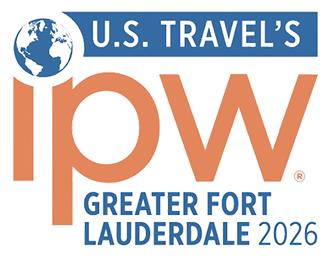- Región:
- Europe
- Categoría:
- Politics
EU agrees new rules on hosting migrants, seeks to cut numbers
European Union leaders and top officials hailed on Wednesday a major breakthrough in talks on new rules to control migration, but critics said the reforms will weaken the rights of asylum-seekers and encourage more morally dubious deals with countries that people leave to get to Europe.
After overnight talks, visibly exhausted EU lawmakers emerged expressing relief that agreement was found “on the core political elements” of the Pact on Asylum and Migration – a major overhaul of rules that many hope will address the challenges posed by migrant arrivals over the last decade.
“It’s truly a historic day,” said European Parliament President Roberta Metsola, flanked by lawmakers responsible for the key parts of the agreement. With migration likely to be a hot campaign issue ahead of EU elections next June, Metsola said, it was vital to make a breakthrough.
“Let’s not underestimate the risk if we had not reached such a deal,” she told reporters. “This means, hopefully, that member states will feel less inclined to reintroduce internal borders because the influx is being managed.”
The pact was touted as the answer to the EU’s migration woes when it was made public in September 2020. The bloc’s old rules collapsed in 2015 after well over 1 million people arrived in Europe without authorization. Most were fleeing war in Syria or Iraq.
But little progress was made on the pact as the member states bickered over which country should take charge of migrants when they arrive and whether other countries should be obligated to help.
In recent weeks, negotiators bridged differences on rules concerning the screening of migrants arriving without authorization – facial images and fingerprints will be quickly taken, including from children from the age of 6 – and the ways that this biometric data can be used.
Agreement was also found on which EU countries should handle asylum applications, the procedures for doing so, and what kinds of mandatory support other countries must provide to nations struggling to cope with migrant arrivals, notably in “crisis situations.”
Taking to X, formerly Twitter, German Chancellor Olaf Scholz described it as “a very important decision” that will “relieve the burden on countries that are particularly affected – including Germany.”
Spanish Prime Minister Pedro Sánchez told his country’s parliament that the pact “will allow us to have an improved, more humane and better coordinated management of our frontiers and migration flows.”
Dutch caretaker Prime Minister Mark Rutte said the deal improves “control over migration” with “better asylum procedures at the external borders of the EU.” Far-right lawmaker Geert Wilders aims to replace Rutte after sweeping to victory in last month’s elections on an anti-migration platform.











